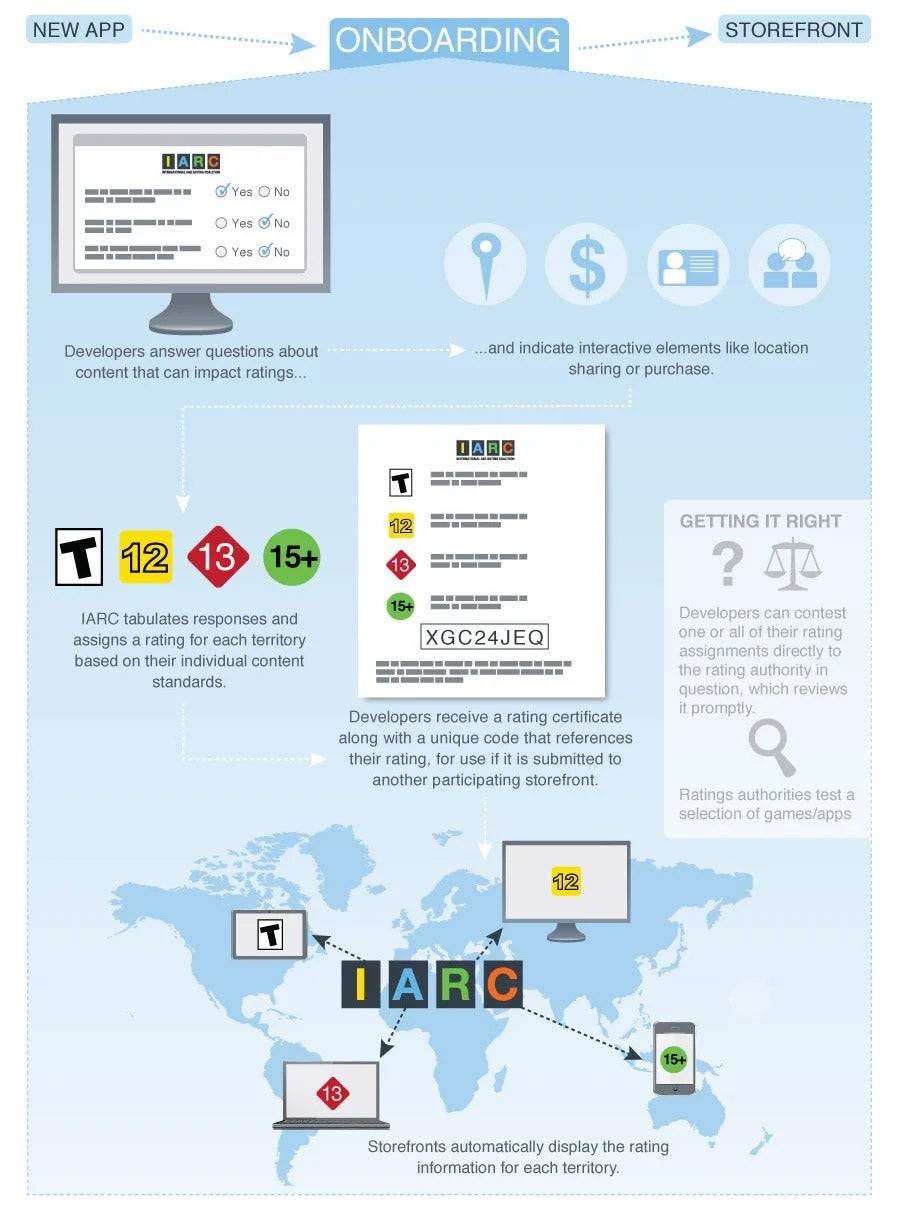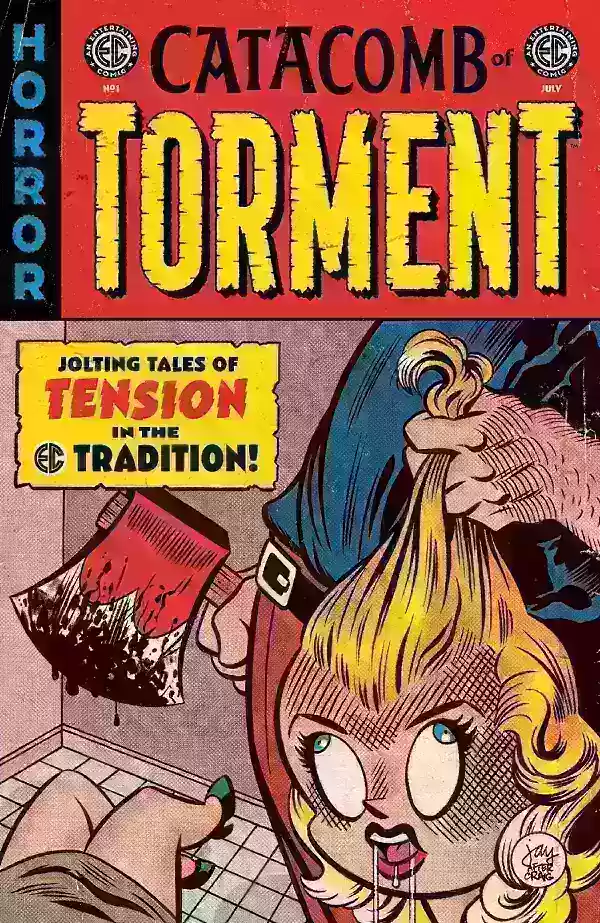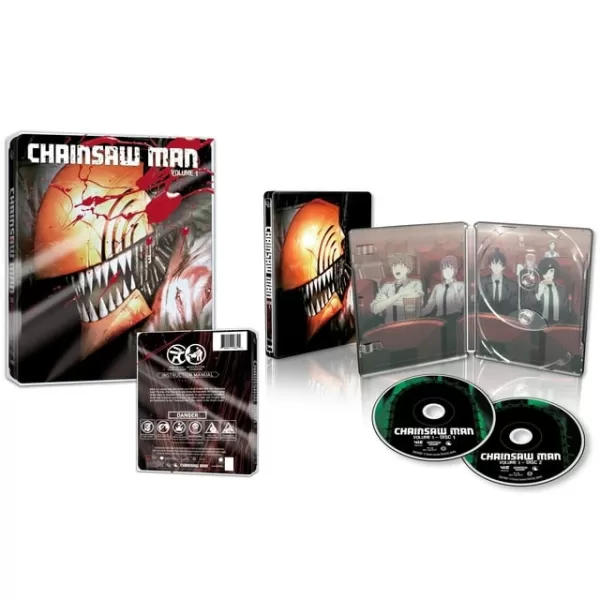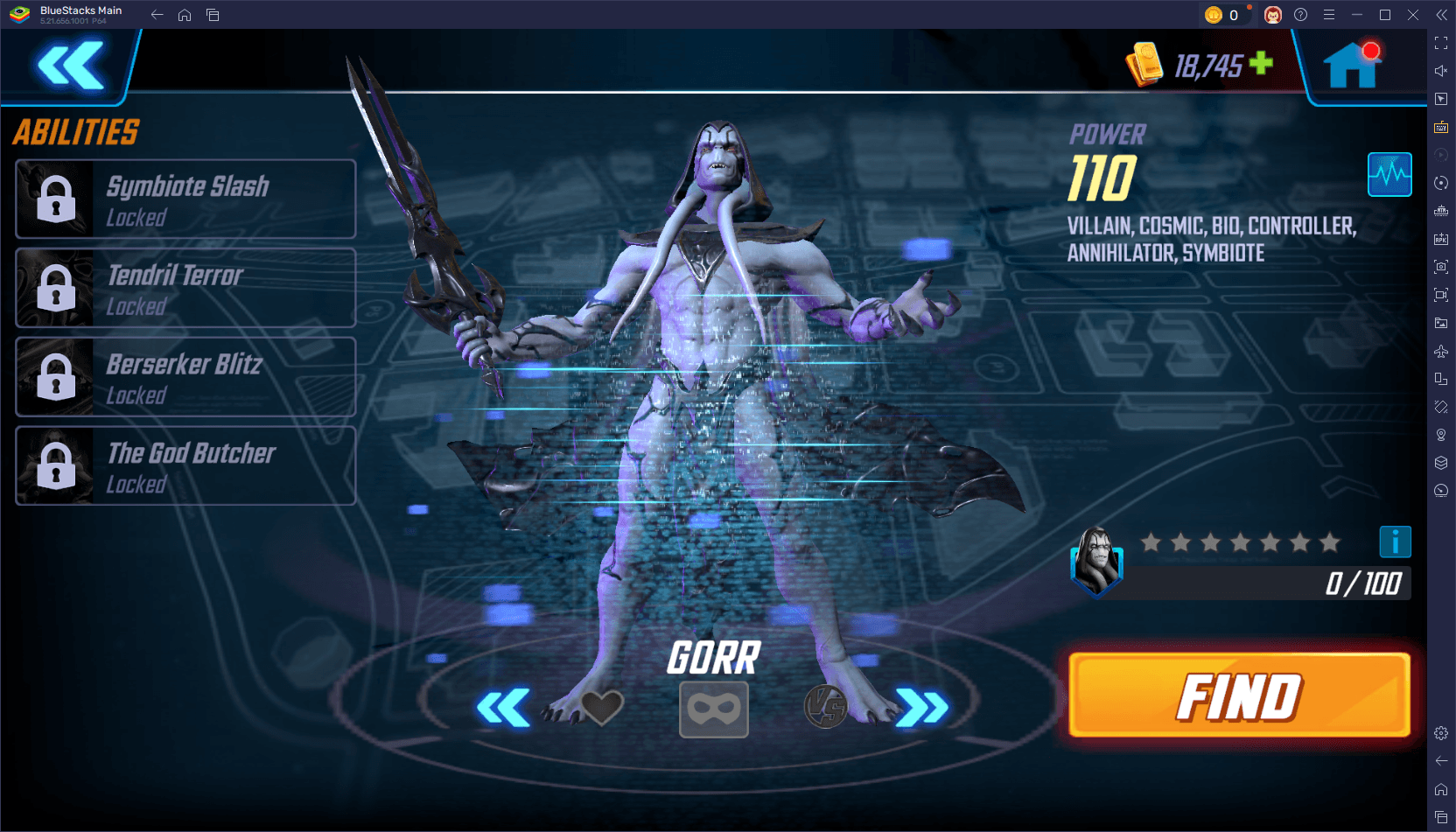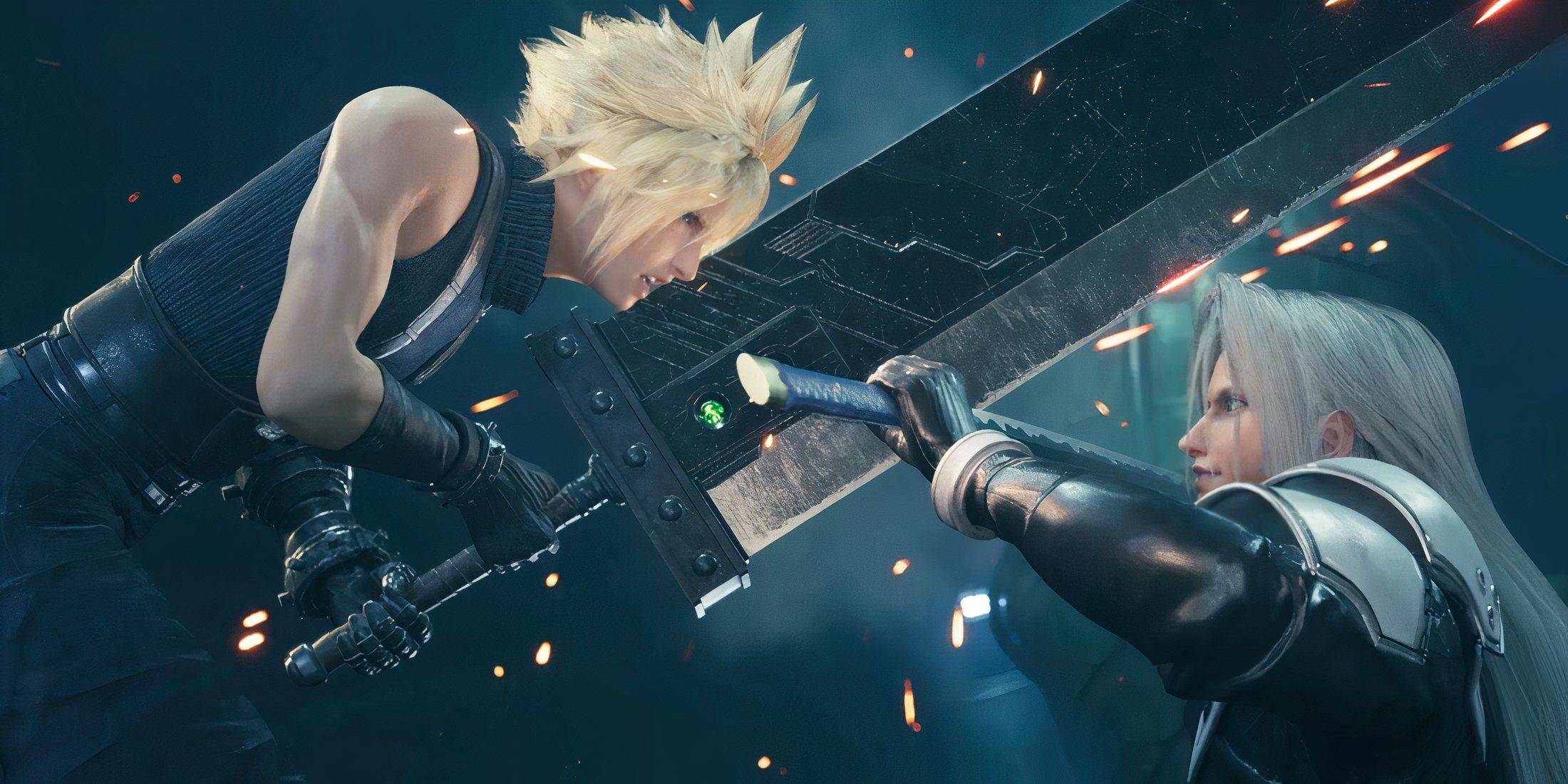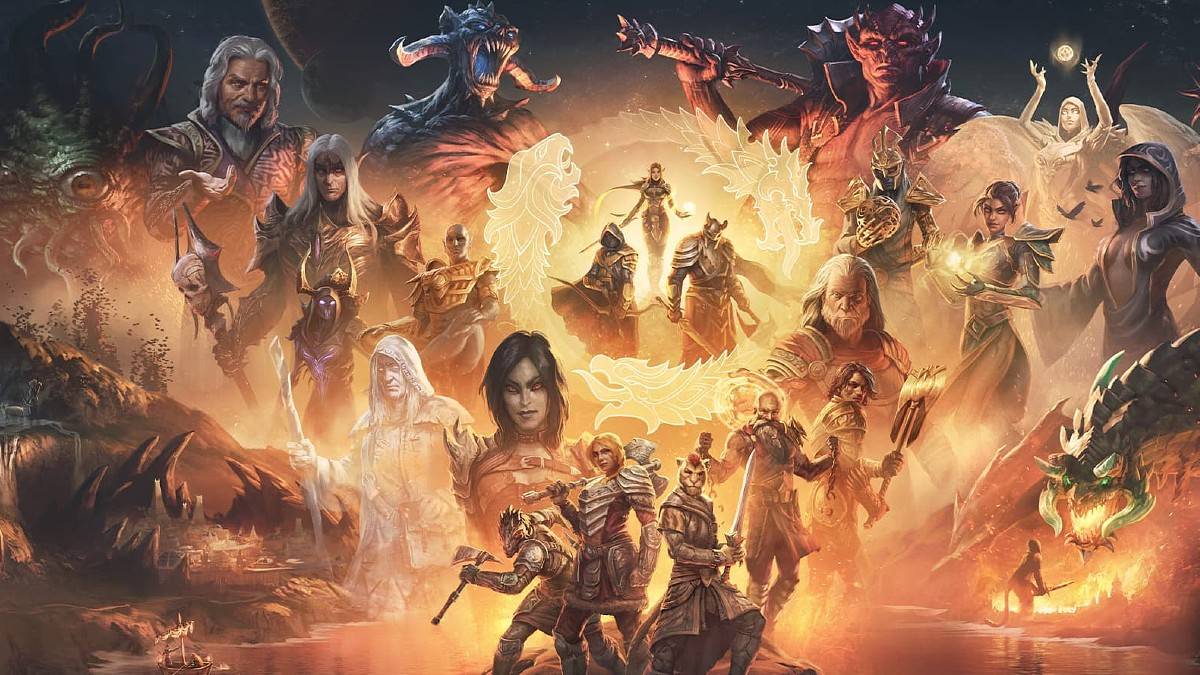Konami's upcoming release, Silent Hill f, has encountered a hurdle in Australia, where it has been refused classification (RC). This rating currently prevents the game from being sold within the country. However, the RC rating was assigned by an automated tool from the International Age Rating Coalition (IARC), rather than by the Australian Classification Board members themselves. Given past precedents, this might not be the final decision on the game's classification status in Australia.
Konami does not handle local distribution in Australia; instead, they rely on a third-party partner, which IGN has reached out to for comment. The specific reasons behind Silent Hill f's RC rating have not yet been disclosed. Under the current Australian classification system, which includes an adults-only R18+ category since January 2013, games are typically refused classification for reasons such as sexual activity with a person who appears to be under 18, visual depictions of sexual violence, or linking incentives and rewards to drug use.
Historically, Silent Hill: Homecoming was initially refused classification in Australia in 2008 due to a high impact torture scene. This was before the R18+ category was introduced, which now allows for higher levels of violence. Silent Hill: Homecoming was eventually released in Australia with modified camera angles for the contentious scene, receiving an MA15+ rating.
It's important to note that Silent Hill f's RC rating was issued by the IARC's online tool, designed for mobile and digitally distributed games. This tool uses a questionnaire to assess a game's content and automatically assigns ratings based on the standards of participating countries, including Australia. The decision is then published on Australia's National Classification Database. Since its adoption in 2014, the IARC tool has been used for digitally distributed games in Australia, given the overwhelming number of games released annually on platforms like the iOS app store.
There have been instances where the IARC tool's ratings have been higher than those assigned by the Australian Classification Board. For example, Kingdom Come: Deliverance and We Happy Few were reported to be banned in Australia due to automated IARC ratings, which was not the case. The IARC tool is free, benefiting smaller publishers and developers, but physical releases still require a rating from the Classification Board, which can override IARC decisions.
In Australia, game publishers can employ accredited classifiers or authorised assessors to rate their games. Accredited classifiers, after receiving training from the Classification Board, can classify games independently, and their decisions are officially recognized. Authorised assessors can only make recommendations that the Classification Board may choose to apply or reject.
As of now, it's uncertain whether Silent Hill f's RC rating will be upheld following further review. Interestingly, Silent Hill f has also received an 18+ rating certification in Japan, marking a first for the Silent Hill series.
